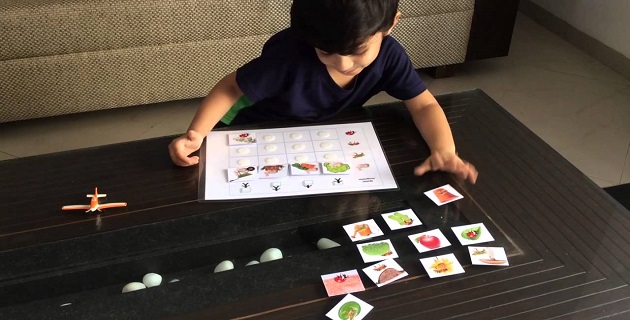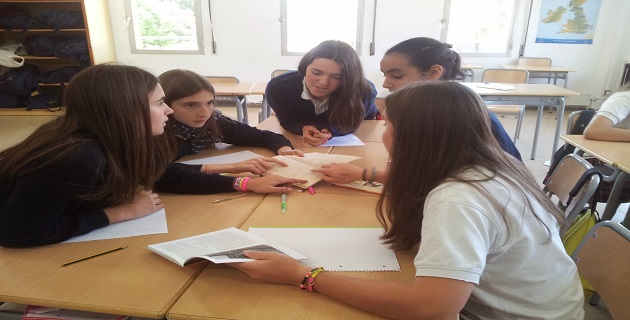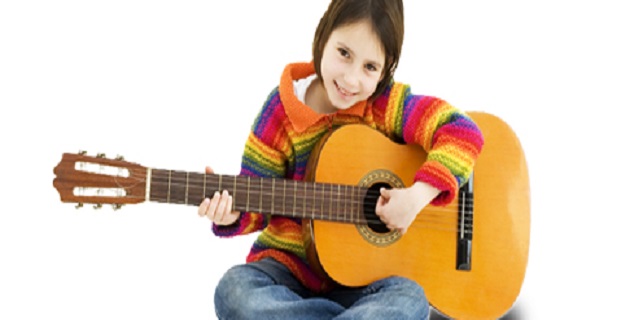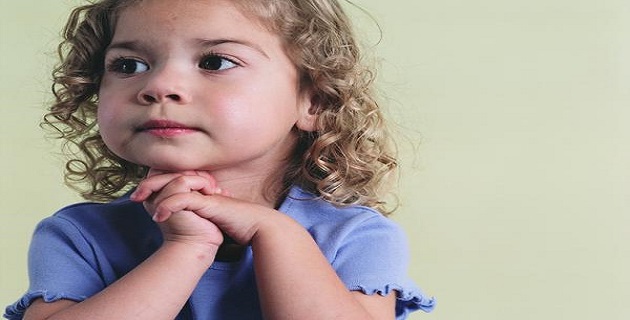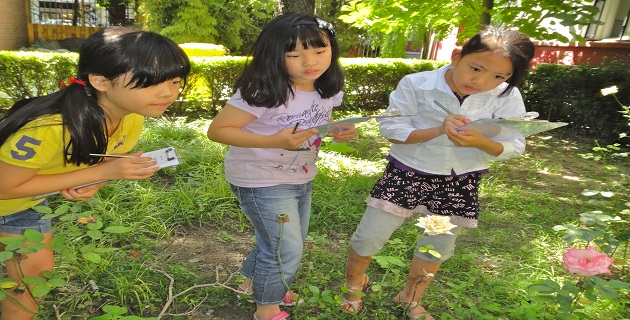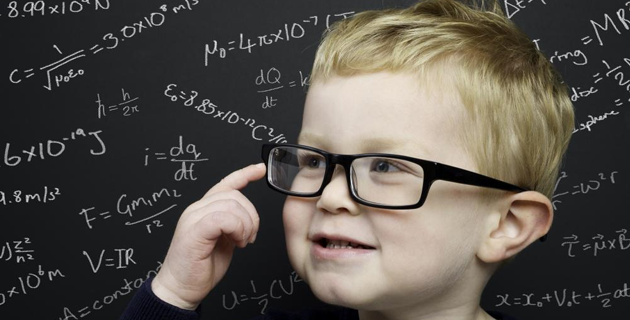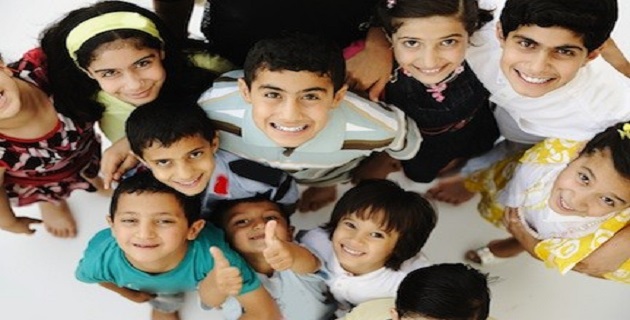
According to the theory, "Every one of us is able to know the world through language,
logical-mathematical analysis, spatial representation, musical thinking, the use
of the body to solve problems or to make things, an understanding of other individuals,
and an understanding of ourselves.
Where each individual differs in the strength of these intelligences the so-called
profile of intelligences and in the ways in which such intelligences are invoked
and combined to carry out different tasks, solve diverse problems."
